From 1975 to 1999, says gerontology professor Sarah Harper, demographers worried about population growth, which now has slowed except in some Middle Eastern and North African nations. In richer countries, the population is shrinking and the workforce is aging. When fertility falls, so does the ratio of young dependents to workers. This boosts economic growth until the population begins to age, and the society must tend its elders. Harper offers a detailed (very detailed) analysis of today’s demographics for planners and anyone interested in the future of working populations.
Population Growth
In the last quarter of the 20th century, demographers worried about rampant global population growth. They feared global population could increase to 20 billion by the end of the 21st century. Demographers then realized that population growth already had begun to decline. They changed their projections to forecast that global population would increase from the seven billion in 2016 to just 11 billion by 2100.
The world population’s age profile has shifted significantly. Death and birth rates have fallen. In Europe, the rates began to change in the mid-18th century, a phase that took two centuries to complete. In Asia and Latin America, the shift began in the 20th century and will take less than a century. The shift in age structure has begun in Africa as well.
Demographers no longer worry about rapid population growth. They instead focus on the impact of a declining and aging population. As the proportion of younger people in a population falls, its economic activity declines. As the number of older people in a population increases, costs for health care and pensions rise.
University of Oxford gerontology professor Sarah Harper, DPhil, is the founding director of the Oxford Institute of Population Ageing. Her other books include Families in Ageing Societies and Ageing Societies: Myths, Challenges, and Opportunities. She also contributed to the edited collection, Is the Planet Full?










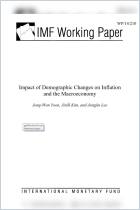
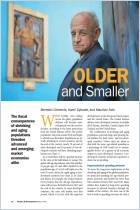
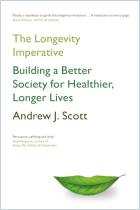

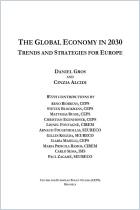
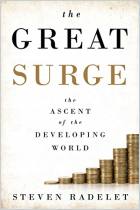



Comment on this summary or 开始讨论